Exclusive! Tovino Thomas: I once had the freedom to play any character, now I have found that again
The Mollywood star, who has once again put on a stellar performance with Kaanekkaane, tells us about getting into the skin of the character, his mind space while playing the role and how his definition of success has changed
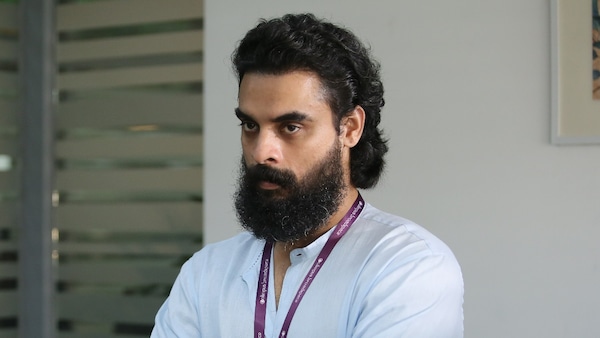
Last Updated: 08.39 AM, Sep 21, 2021
Two days ago, Tovino Thomas put up a social media post, celebrating six years of Ennu Ninte Moideen, a movie that changed his “journey strongly and so positively”. Since the film’s release, Tovino’s career graph has seen a meteoric rise and it’s not that he has only chosen to play the lead roles to get there. For those, who are just being introduced to Tovino’s nine-year-old filmography, his line-up of movies this year serves as a veritable snapshot of his career so far – in terms of his talent and range as an actor.
He began this year with Kala, playing Shaji who starts off as a macho hero before the tables turn leaving him not just a villain but one who is crushed, physically and spiritually; a role that many stars might think thrice to take up. With his latest movie, Kaanekkaane, Tovino once again proves his range – oscillating between a jovial husband and a son-in-law to a conflicted man who is consumed by his guilt. Up next, he will be seen playing a superhero in Basil Joseph’s Minnal Murali, which makes use of not just his physicality but also his comic timing.
As OTTplay catches up with the actor for this interview about his role in Kaanekkaane, which is streaming on Sony LIV, the actor seems calm. The reason, he says, “During the lockdown, when most people were sitting idle, I was blessed to have friends with whom I could discuss projects. So, when I moved from one lockdown to the next, I had already done Kala, Kaanekkaane, Naradhan, Vazhakku and the pending portions of Minnal Murali, and I am happy with all of that.” But that’s not all. Read on to find out more about how the actor has cracked the code of doing what makes him happy.
Kaanekkaane’s Allen is probably the most layered character you have done in the recent past. If the performance had faltered somewhere, it would have also had an impact in terms of the audience’s understanding of the character. Tell us about how director Manu Ashokan and scriptwriters Bobby and Sanjay narrated this character to you.
All of us were actually discussing another project before the lockdown last year. But when the lockdown happened that was stalled and then Manu called me to discuss two subjects and I was intrigued by Kaanekkaane.
In 2019, I had taken a break and after that I shot for Forensic, Minnal Murali, Kala and then Kaanekkaane. My characters used to be unpredictable once. But at some point, when you find success, you tend to sacrifice that unpredictability. You don’t understand this when you are in the middle of work, and so the break helped me figure out things. Earlier, my success was defined by what other people thought would make me happy. But there’s a huge difference between what you want and what other people think you want. I am acting because I love this; I am not competing with anyone. Once I realised this, I thought I could play any character – a hero, a villain, a comedian and even a supporting actor; that’s what made me unpredictable in the past.
The reason I chose Allen in Kaanekkaane was that I haven’t done a role like this before. You can’t do everything with one character but Allen offered such a scope to perform – from his past and his bonds with his father-in-law and son to his guilt and redemption.
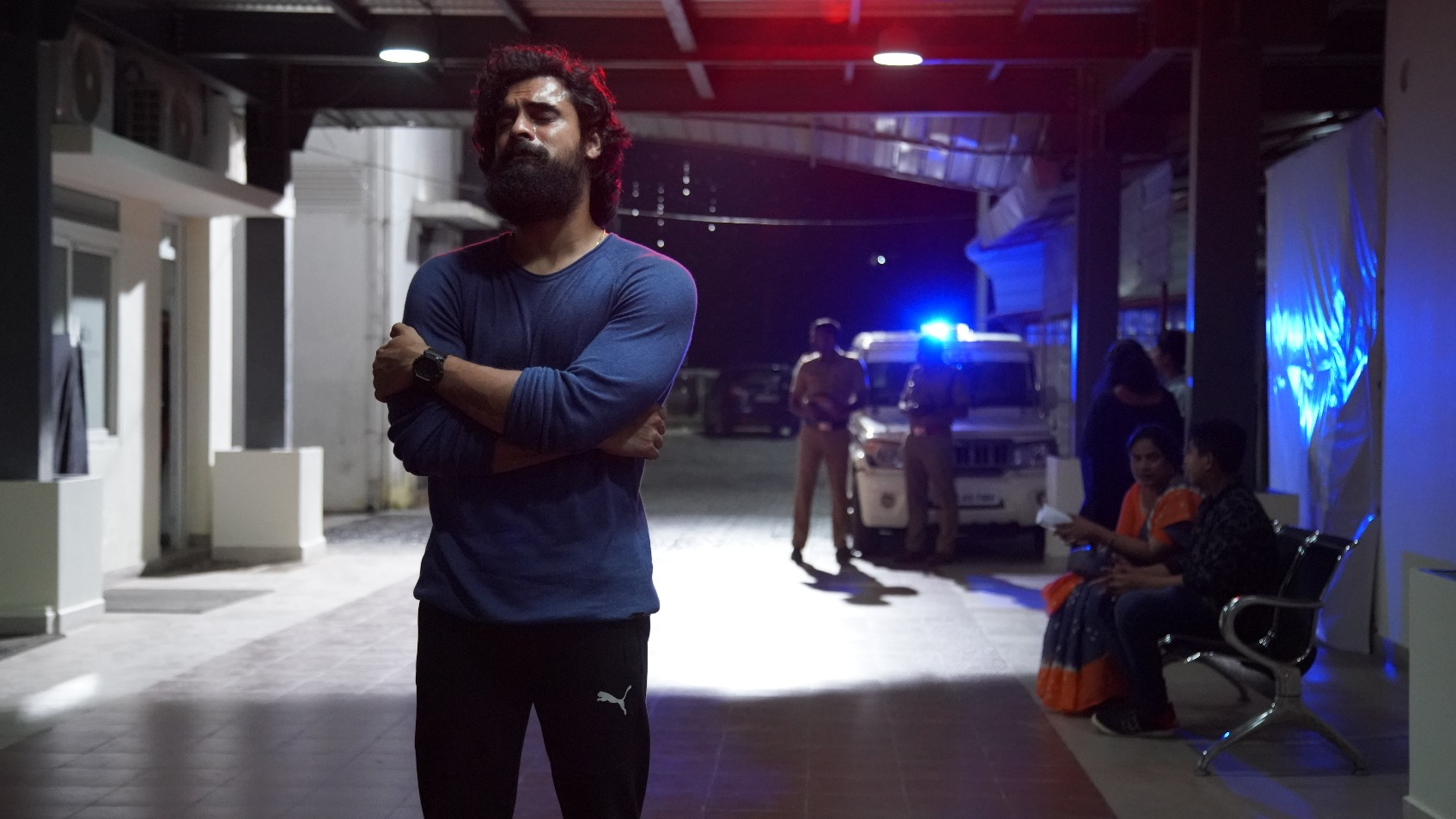
Would it be right to say that you had to internalise a lot of that character’s conflicts while performing?
When I had joined the sets of Kaanekkaane, I was at peace. After the lockdown, I had begun shooting Kala and then got injured. I was advised a month’s bed rest and this was the movie I joined next. In Kaanekkaane, I was actually leaner than Kala. I felt it would be good if I looked frail. The time also helped me prepare for the character; I used to call Manu and ask him doubts, I used to discuss with Suraj ettan, who said we had to talk before each scene, and it was the same with Aishwarya Lekshmi too.
All the characters in the film are people that we have seen in our lives. I won’t justify Allen’s actions, but I can forgive him. When he thinks of what he has done, he too might not be able to justify himself. But as an audience, we can forgive him.
Since the start of the shoot, I was with my family. I used to complete the day’s shoot and my wife and children would be waiting for me, so I was in a family mood throughout the duration of the shoot. But this character has a broken family, and because there was a contrast between the two I could understand him better.
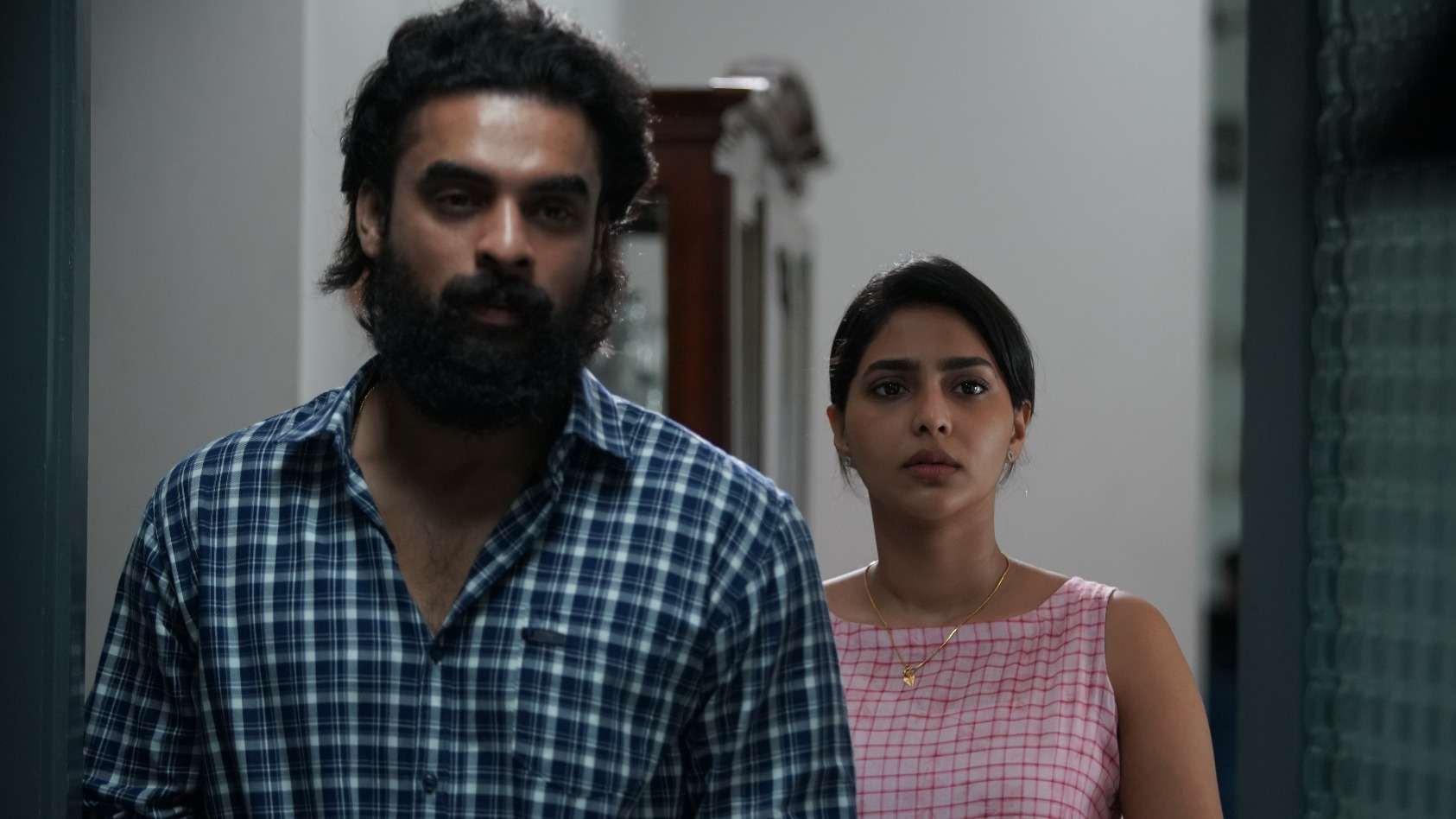
Bobby and Sanjay’s scripts are usually watertight, with every dialogue and scene connected to each other and often they don’t leave room for any changes. Having worked in so many films, where actors are allowed to come up with their suggestions, how was this experience different?
There are different processes for acting and similarly there are many methods of writing scripts too. From what I understand, they complete their script after multiple exchanges. This is my second movie with them and I have never felt a need to change their dialogues. If we want something changed, they are accessible. If they think our point of view is right, they will alter the lines and if not, they will convince you why they have written it the particular way. As far as actors are concerned, we just have to be convinced. There is another process where the writers only tell you the context and let the actor build on that. I have also done such movies and that is an enjoyable method too.
In this film especially, would you say it was better that everything from the emotions of the characters to the past and present were conveyed perfectly in the screenplay.
After hearing the narration and committing a film, I am not someone who interferes with the script. If I feel some areas don’t work, I point it out. But apart from that, I don’t insist that this is what you have to do instead, because it’s not my job. I sign a film because I like the script and I just follow it. With Kaanekkaane, I was convinced with the part that was given to me. A lot of people have asked me if I alter the script in my favour. If I have to do that, I should be more talented than the scriptwriter. I am an actor, who is heavily dependent on the director and my process is figuring out my character, by clearing my doubts with the writers and directors.
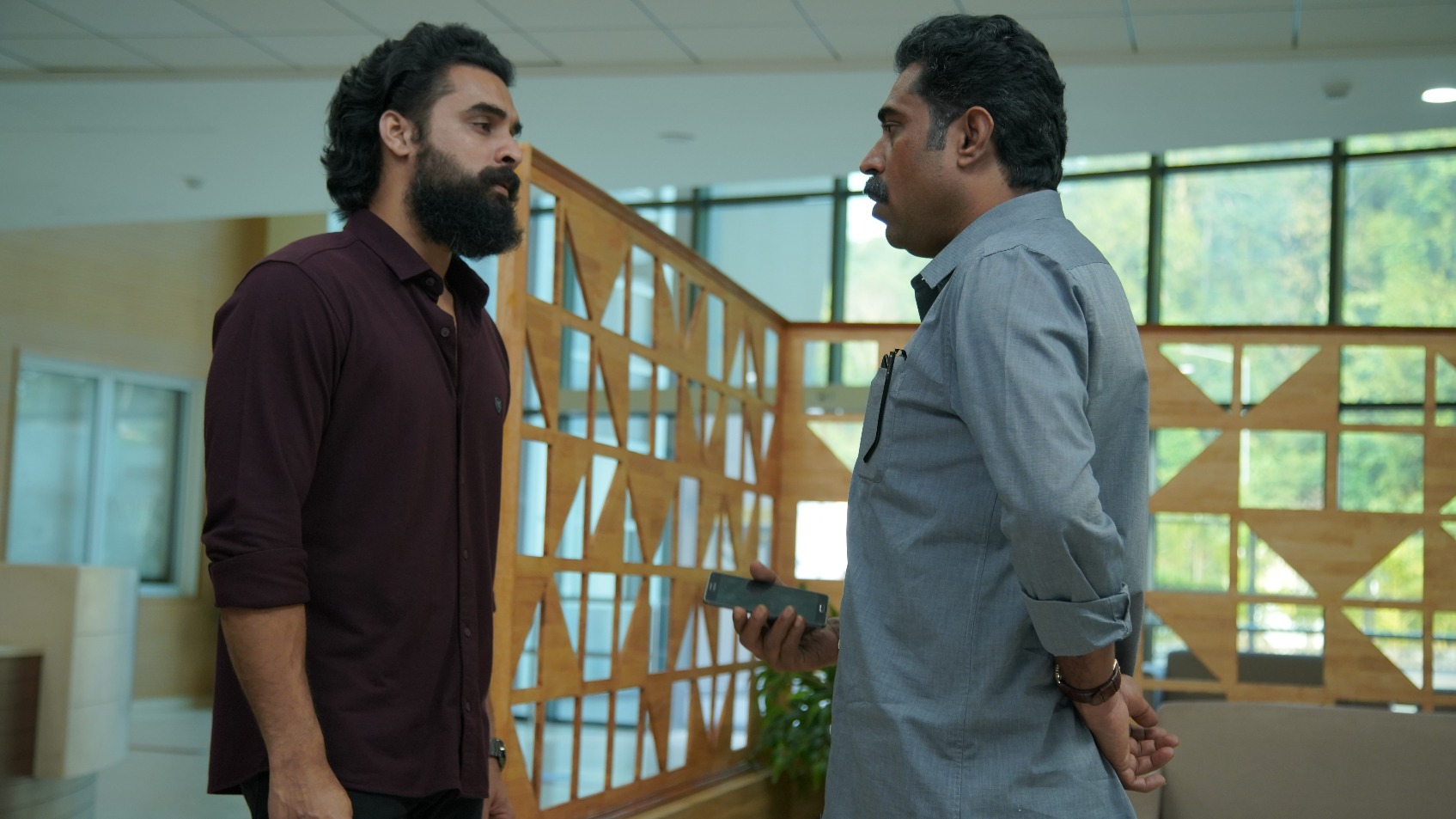
In Kala, Shaji’s character had a natural transition from a hero to a villain. But Allen is someone who keeps oscillating between various shades. What were the challenges of playing such a role?
It wasn’t easy to shoot, there was a lot of strain. On the sets, I am someone who is jovial and goes around cracking jokes, but that's just me setting the mood. If I have to perform, I need to know people around me like me. So, I go to a location and create my comfort zone. But I am not faking any of it. I like creating a friendly atmosphere so I can work better. The positive side is that after the movie is over, you get more friends.
Irrespective of how much fun you are having when you aren’t shooting, the character in Kaanekkaane experiences a lot of physical and mental strain and that affected me too. Even when I am reading a book, I place myself in the protagonist’s shoes to help me travel with the story and so when something adverse happens in the character’s life, subconsciously I do get disturbed. I am the kind of person who laughs out loud and gets moved by movies easily. So, while doing Kaanekkaane, it was stressful but I didn’t feel it much because of the supportive team and its director Manu.
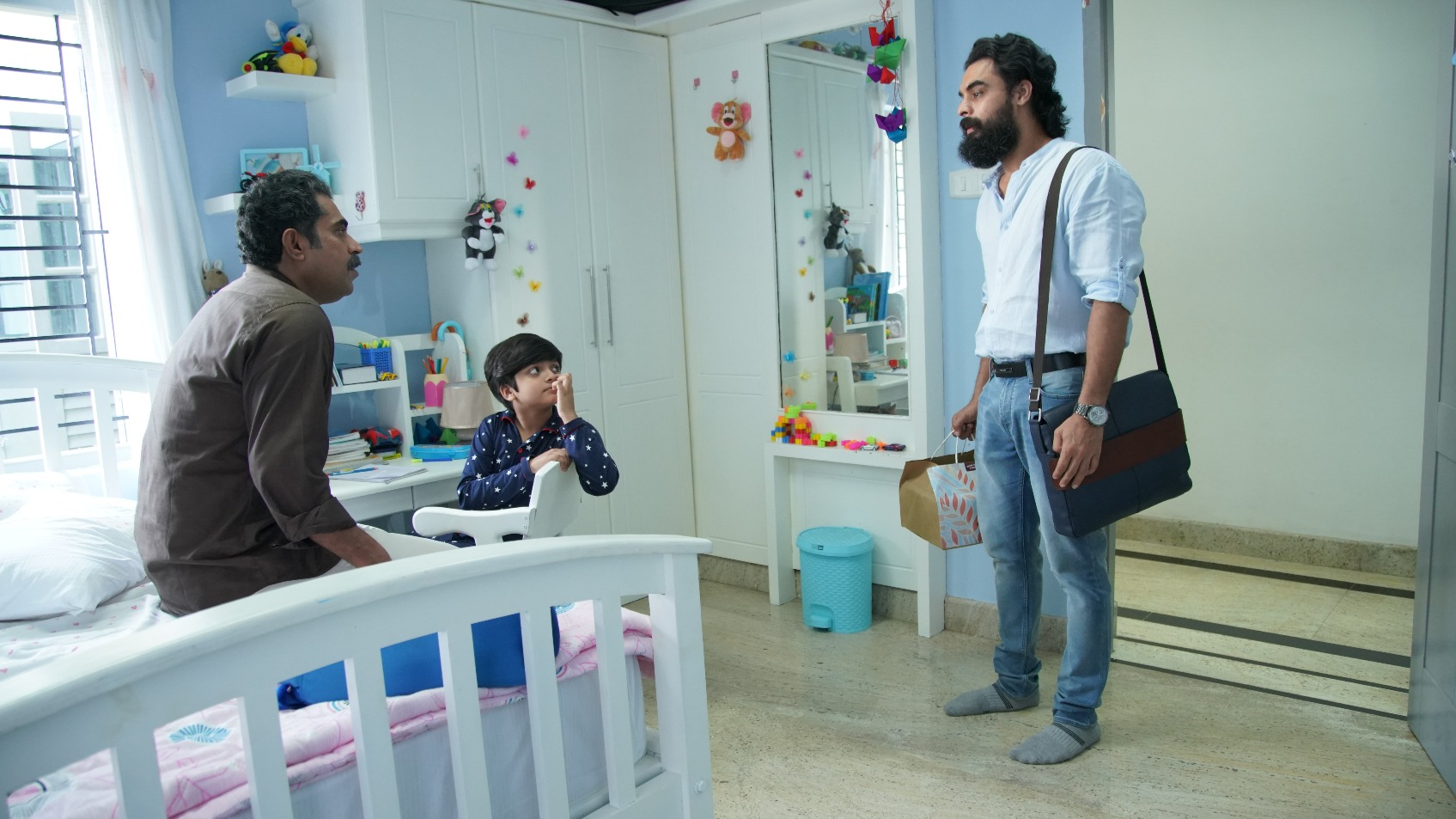
Suraj and you had a lot of moving sequences in the film. So, what were the discussions between you two before shooting those scenes?
Suraj ettan and I had previously acted in Theevandi, but we have known each other long before. He is massively talented. He got into films when I was in school, and when I had entered films, he had already won the National Award and upped his game. Because both of us are close, the moment I heard that he was part of the film, I called him. It was the day when he won the State Award for Best Actor.
It was a time when I was slowly changing my lifestyle and also my choices in films. So, I wanted to go to any extent to better my character and if there was a success trap, I wanted to break away from all that and bring that unpredictable aspect I had in the past. I once had the freedom to do any character; right now, I have found that again. I can now be Kala’s Shaji, Kaanekkaane’s Allen and Minnal Murali’s Jaison.
So, I told Surajettan that we had to discuss before every scene. Before the shot was ready, we called each other and I went to his caravan to rehearse the lines, figure out the emotions and then we discussed it with Manu. That’s how we did each scene in the movie.
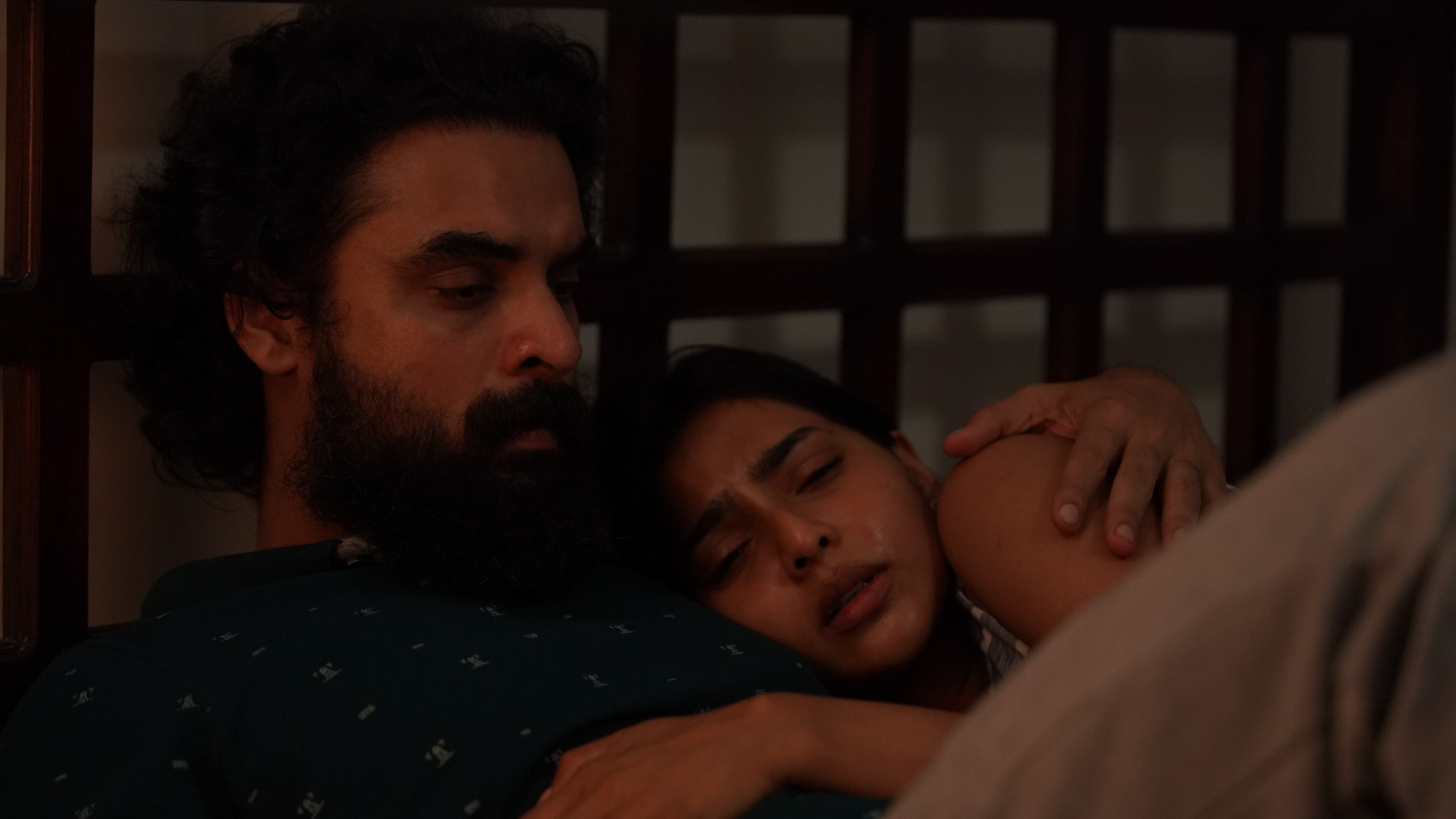
Do you think films like Kaanekkaane worked better on OTT platforms?
I don’t know because it wasn’t released in theatres. There are so many emotional, family dramas that we have watched and enjoyed in theatres. I think you get the best viewing experience only in cinema halls. That said, right now, theatres aren’t an option and even if they were, OTTs have a much wider reach in terms of the countries they make the content available. So, both have their advantages.

 Premium
Premium